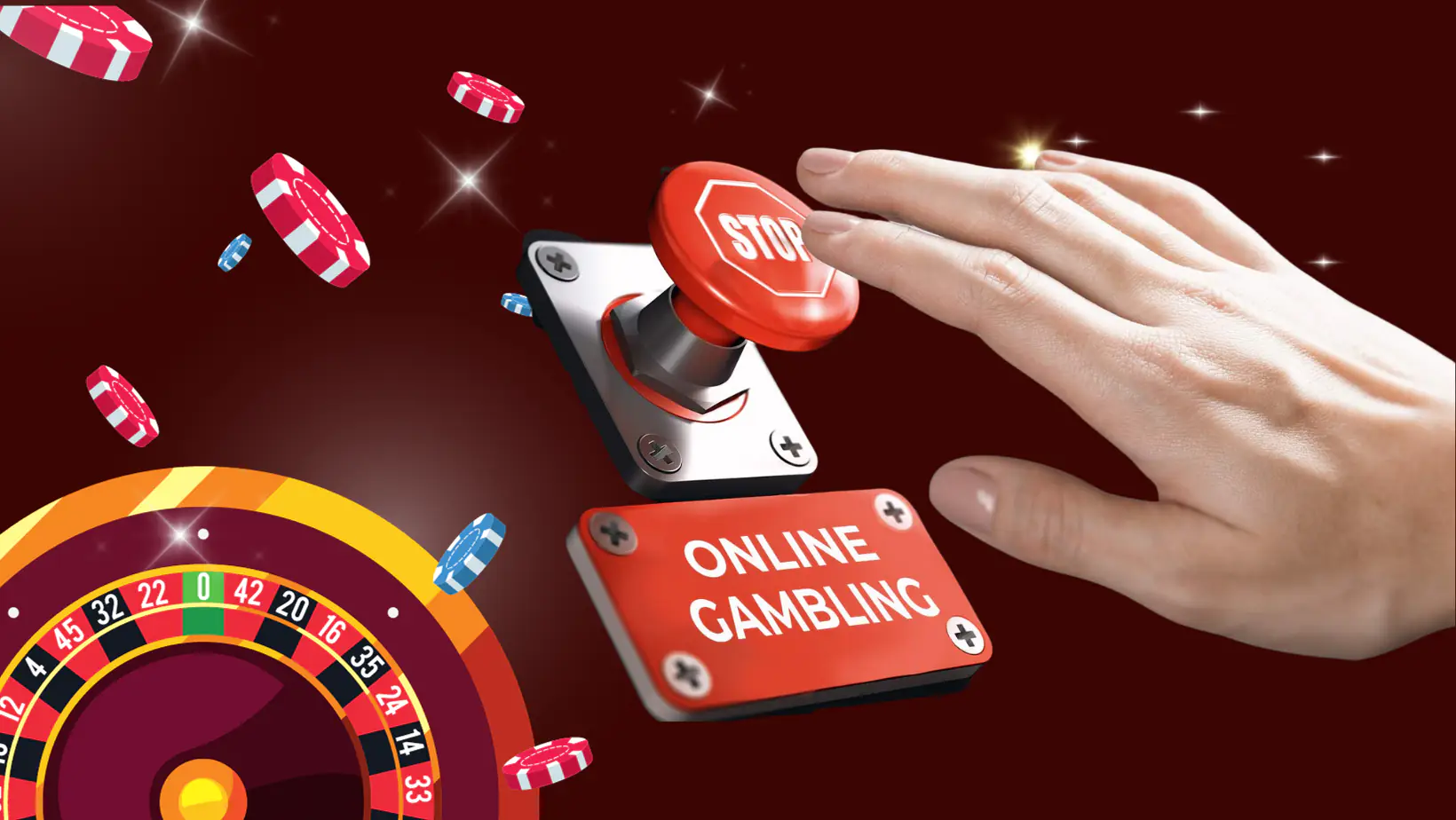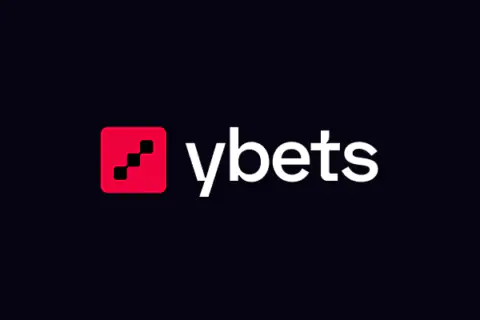
Effectiveness of Self-Exclusion Programs and Gambling Restrictions
Although gambling is meant to be an entertainment like any other, it does have certain risks and possible pitfalls. Some people don’t seem to be able to stop gambling, losing all their money, and, what’s even worse, their family’s money.
In this article we’ll quickly survey an intervention aimed to curb the negative effects of gambling by motivating people to stay away from casinos: self-exclusion programs and gambling restrictions.
Gambling self-exclusion programs (offline and online)
Self-exclusion programs are meant for people who are worried about their gambling habit going out of control. Self-exclusion programs usually involve a formal and written agreement between a casino and an individual, whereby the individual seeks to be denied entry to a specific branch of casinos or to all casinos in a certain jurisdiction. Once the agreement is signed, the individual is denied entry to gambling venues, and if the individual breaches the agreement, certain punitive measures are applied (e.g. paying a fine).
Self-exclusion programs vary across states. Most often a person has to sign separate agreements with each gambling company.
Similar agreements can be applied to online gambling, which is becoming increasingly popular and available. There are several different ways to exclude yourself from online gambling activities:
- Signing for gambling-exclusion registry in your country. In Australia for instance, people can sign up for BetStop which in turn deactivates all their gambling accounts. It’s possible that there are similar services in your country.
- Contacting gambling venues directly in order to block you from accessing their websites.
- Finding an app that blocks access to online gambling websites, such as GAMSTOP or GAMBAN. These apps automatically block access to gambling websites, so even if you come back and try to open an account with fake info you won’t be able to do it.
Gambling self-exclusion programs are in essence a mature way to deal with a gambling addiction. Some people, quite simply, cannot handle the temptation. In these situations self-exclusion programs can be an effective way to battle a dysfunctional gambling habit. But how effective self-exclusion programs are?
Are gambling self-exclusion programs effective?
In short, yes, gambling self-exclusion programs are effective in reducing irresponsible and pathological gambling. A review of 14 different studies found that gambling self-exclusion programs can be a good way to battle irresponsible and pathological gambling. Here are the three main positive effects of such programs:
- Decreased gambling
- Improved financial well-being
- Increased psychological well-being
- More optimal functioning
Why are gambling self-exclusion programs effective?
Acceptance
Addiction is often allowed to develop thanks to profuse utilization of denial. “This will be the last time.”, “I just have to return my money and I will never come back.”, “I’m doing this just to let off some steam.” It’s rather similar to denial associated with other types of addictions such as substance use disorder. It’s not without reason that “initiation” to 12 steps groups starts by clear and outright acceptance of one’s addiction. The public acceptance finally sets the matter and removes whole networks of denial, opening up a way for recovery.
Gambling self-exclusion programs work in the same way. They allow people to publicly accept their addiction and move on from this starting point. This can be a liberating experience, something that finally motivates one to consider the gravity of the situation.
The acceptance of the existence of a gambling issue, through signing a self-exclusion agreement, is often a powerful motivator that helps people to stay away from gambling venues and understand that they’re better off avoiding temptation altogether.
Relapse prevention
Even successful addiction recovery sometimes includes relapses. Relapses can be a natural part of addiction recovery, but should be avoided as much as possible. However, most people who recover from addictions don’t think of relapse as a natural part of recovery but as an ultimate failure. The relapse then becomes a trigger for the return to full-blown addiction, because a person thinks that months or years of hard work on reaching abstinence are now lost (which isn’t true).
Gambling self-exclusion programs involve restricted access to gambling venues and thus, in theory at least, make relapse impossible. In practice, things are often different, and that’s something we can work on in the future.
A way forward
Studies on gambling self-exclusion programs usually underline the following issues:
- Low participation of irresponsible and pathological gamblers in these programs.
- Detection of self-excluded gamblers.
- Enforcement of gambling self-exclusion.
Although this method likely reduces issues related to gambling, its effectiveness is reduced to these issues. Namely, by a rule only a small portion of people who would benefit from these programs actually sign up for them. It’s possible that some of them aren’t aware of the existence of self-exclusion programs, or have misconceptions regarding such programs. Thus such people would benefit from increasing the quality and quantity of info regarding self-exclusion.
Another important point here is the convenience of self-exclusion. It was suggested that an individual should be able to self-exclude from all gambling venues with a single agreement. The way it is nowadays, a person often has to sign multiple agreements with multiple venues. Moreover, a person has to come to the gambling place and sign an agreement there, which can be an obvious challenge, which is why it was advised that self-exclusion agreements should be signed elsewhere, for instance via email.
Another challenge is detection of individuals who do self-exclude. Casino employees are often expected to be able to recognize self-excluded individuals, and naturally their detection rates are far from perfect. There is a solution to this issue: Switzerland for instance employed a state-wide system whereby all casino visitors are required to show their ID on entry. This system is linked to the database of self-excluded individuals.
Finally, even when casinos do detect self-excluded individuals, there can be issues regarding enforcement of reprimands defined in the agreement. This problem has been nicely solved in New Zealand, where self-excluded individuals if non-obedient can be escorted by police and fined 500 NZD.
Conclusion
Gambling self-exclusion programs can be a good way to battle irresponsible and pathological gambling. As we’ve seen, probably the most important thing about these programs is the act of public acceptance of the problem. Needless to say, restricted access to gambling places and fines that can be imposed as a response to breaches of agreement, also play a role.
There are, nevertheless, some areas for improvement. Self-exclusion enrollment, detection, and enforcement of agreement terms, in general terms, are still problematic and leave a lot to be desired. Self-exclusion gambling programs are effective in spite of these setbacks and are likely to be even more effective once these issues are solved.






